Peer Education
Involving young people in delivering important messages to their peers can make a big difference to how they are received. That’s why we work with peer educators to help with our violence prevention programmes.
Why is peer education important?
No matter how young adults feel, it is hard to know the lingo of the moment or the types of things that young people are doing when adults aren't around. It's also difficult for adults to truly know what it's like to be a young teenager growing up in Scotland right now.
Asking young people to speak to their friends about difficult issues in a way they can relate to, and in language they understand, is a really effective strategy.
What are the benefits?
We know that a lot of the violence that occurs is cultural, where violence has in some ways been normalised. We can break those cultural norms by building up strong young people that can confidently guide their peers towards another way of seeing the world.
No Knives resources
These resources are designed to make it easy to raise awareness of the causes and consequences of knife crime in Scotland.
They are aimed at peer educators delivering sessions to teenagers and are useful for anyone delivering sessions to groups in a youth setting. For example, doing street work, classroom teaching or even running a whole assembly.
Got questions? Scroll down to the FAQ's.
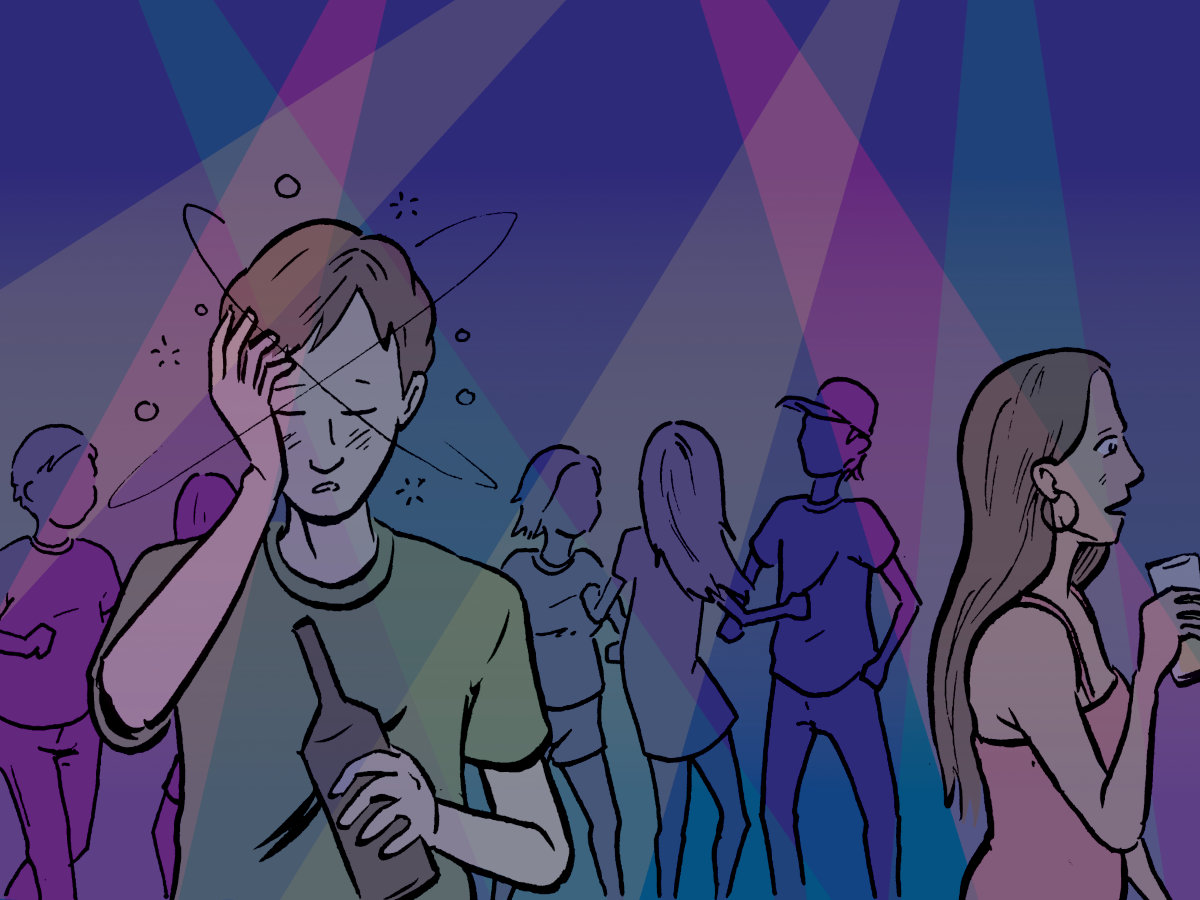
Alcohol
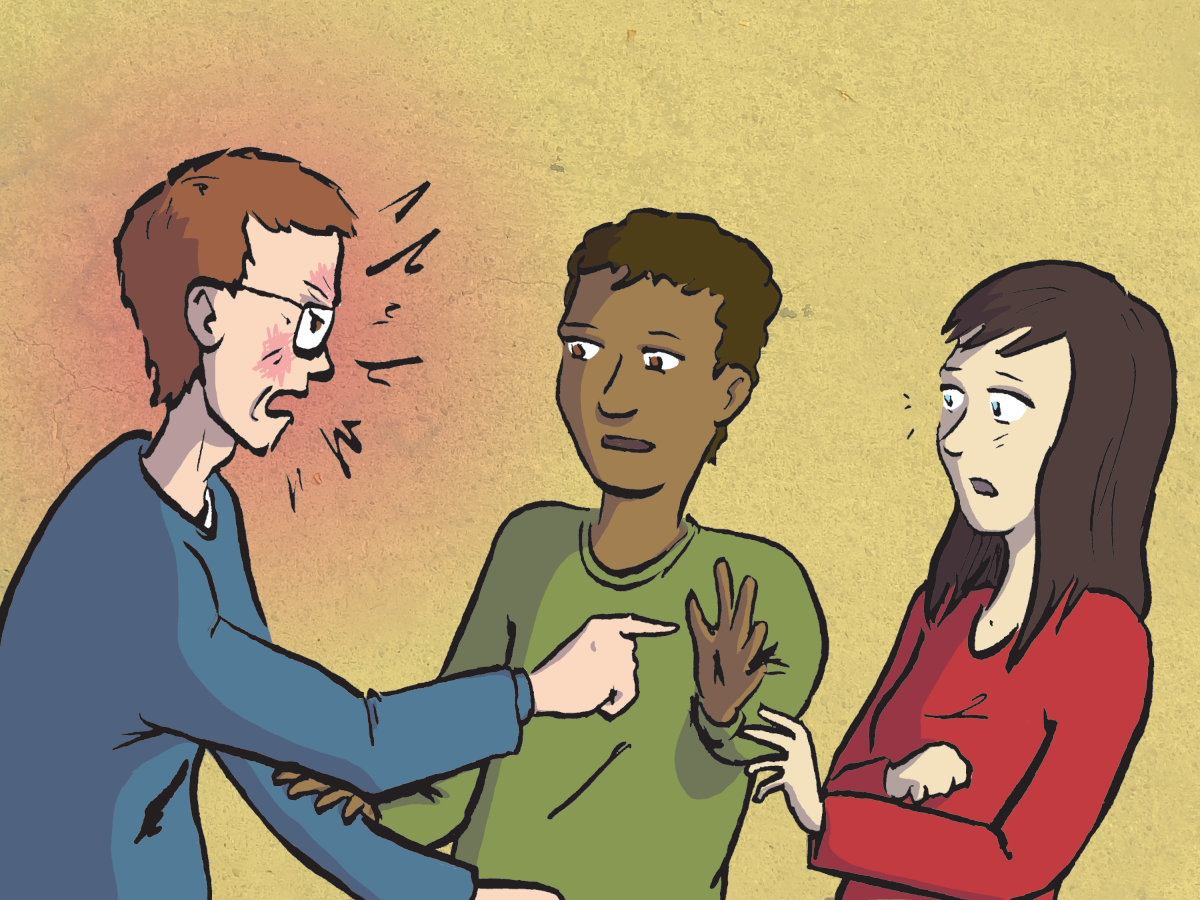
The Bystander Effect
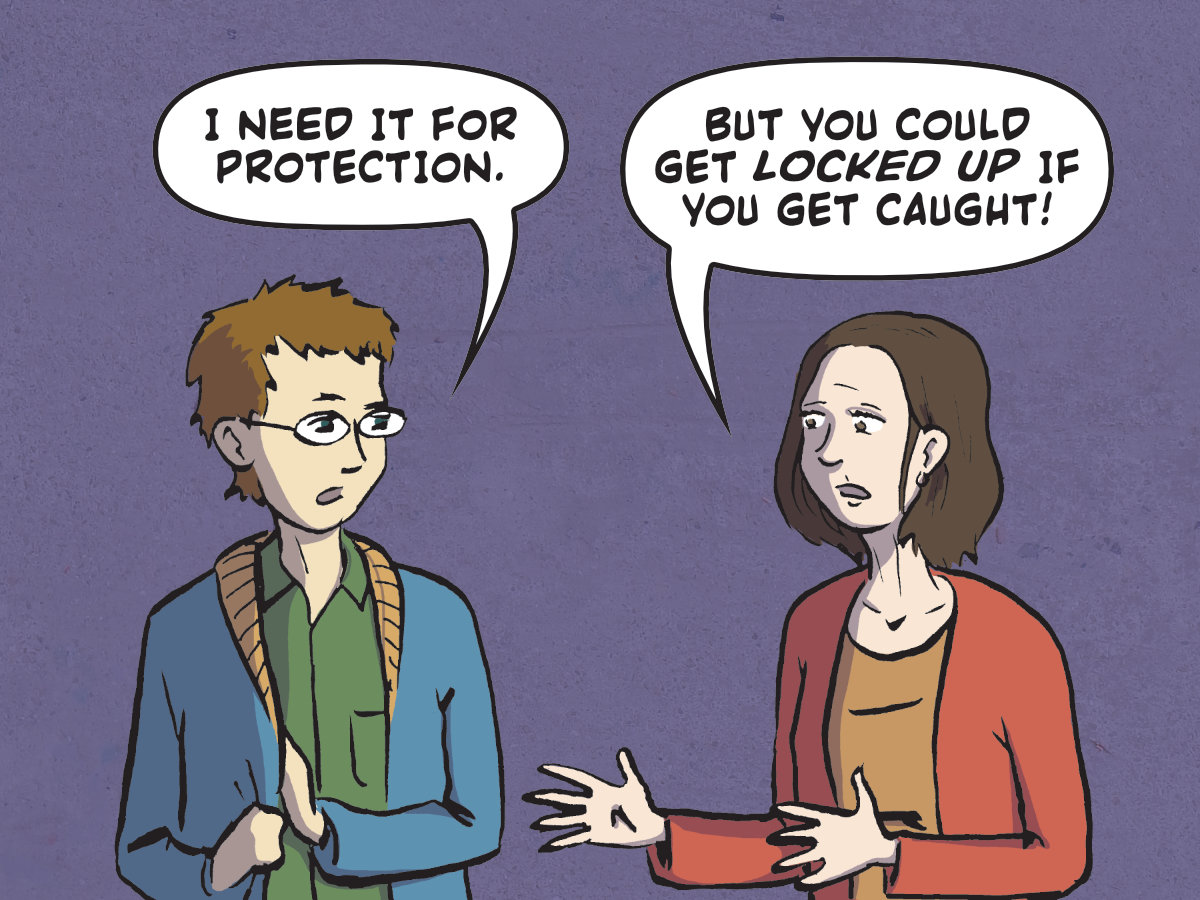
Knife Facts
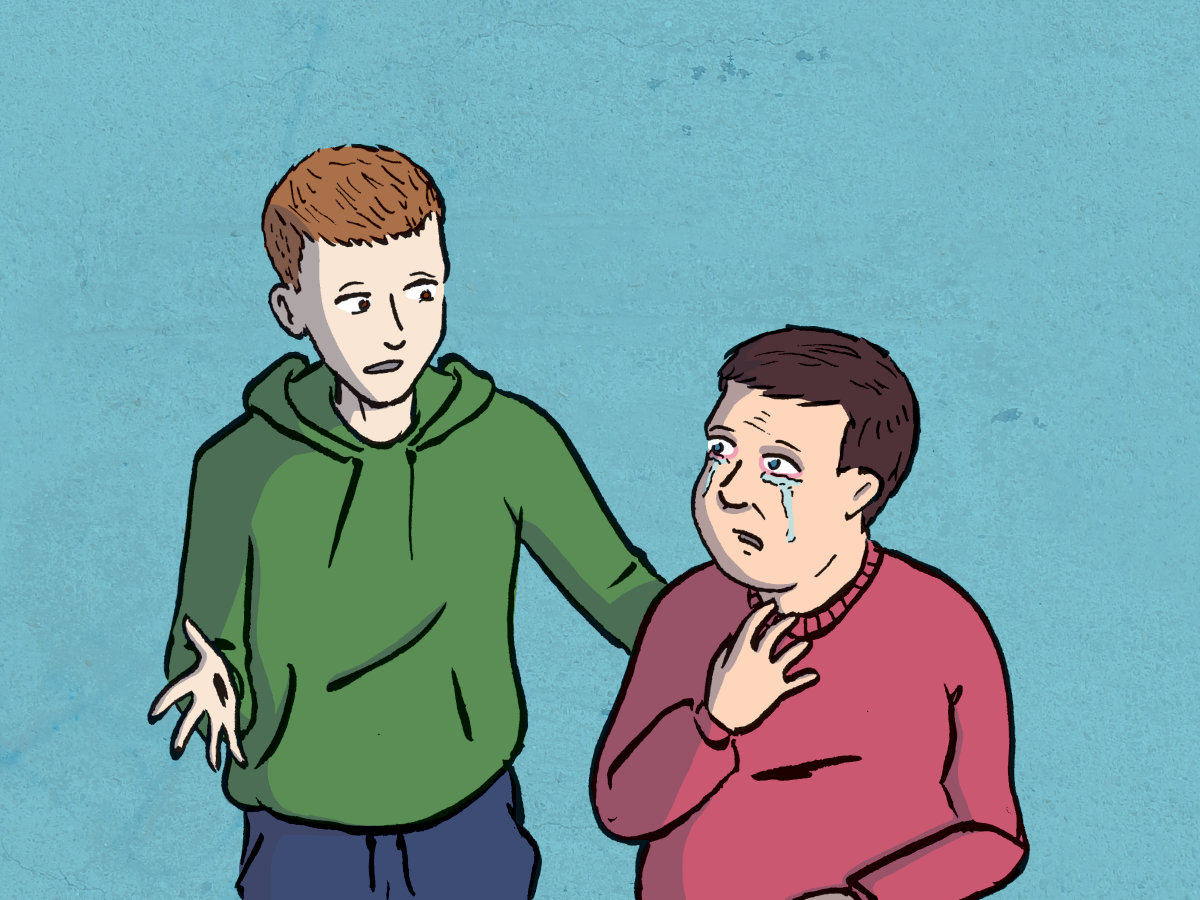
Positive Masculinity
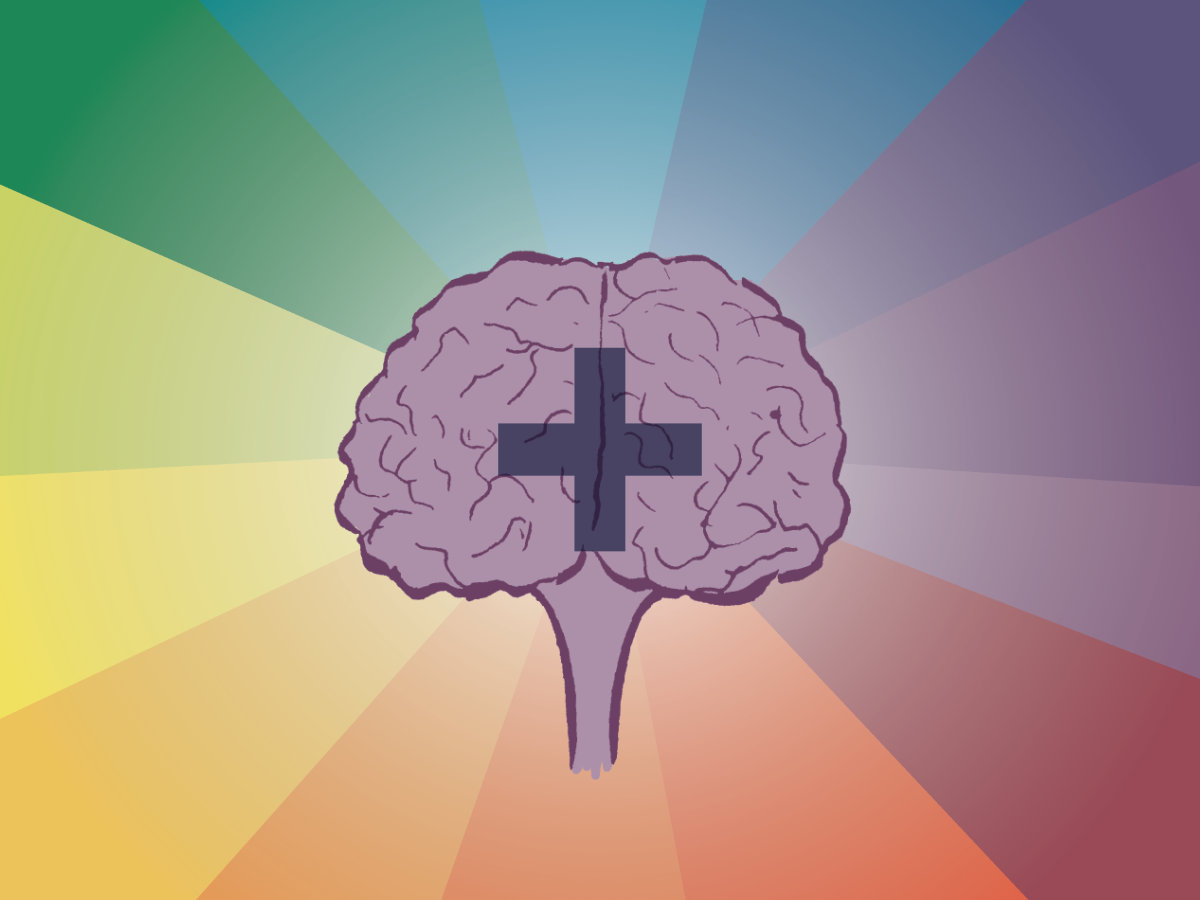
Mental Wellbeing
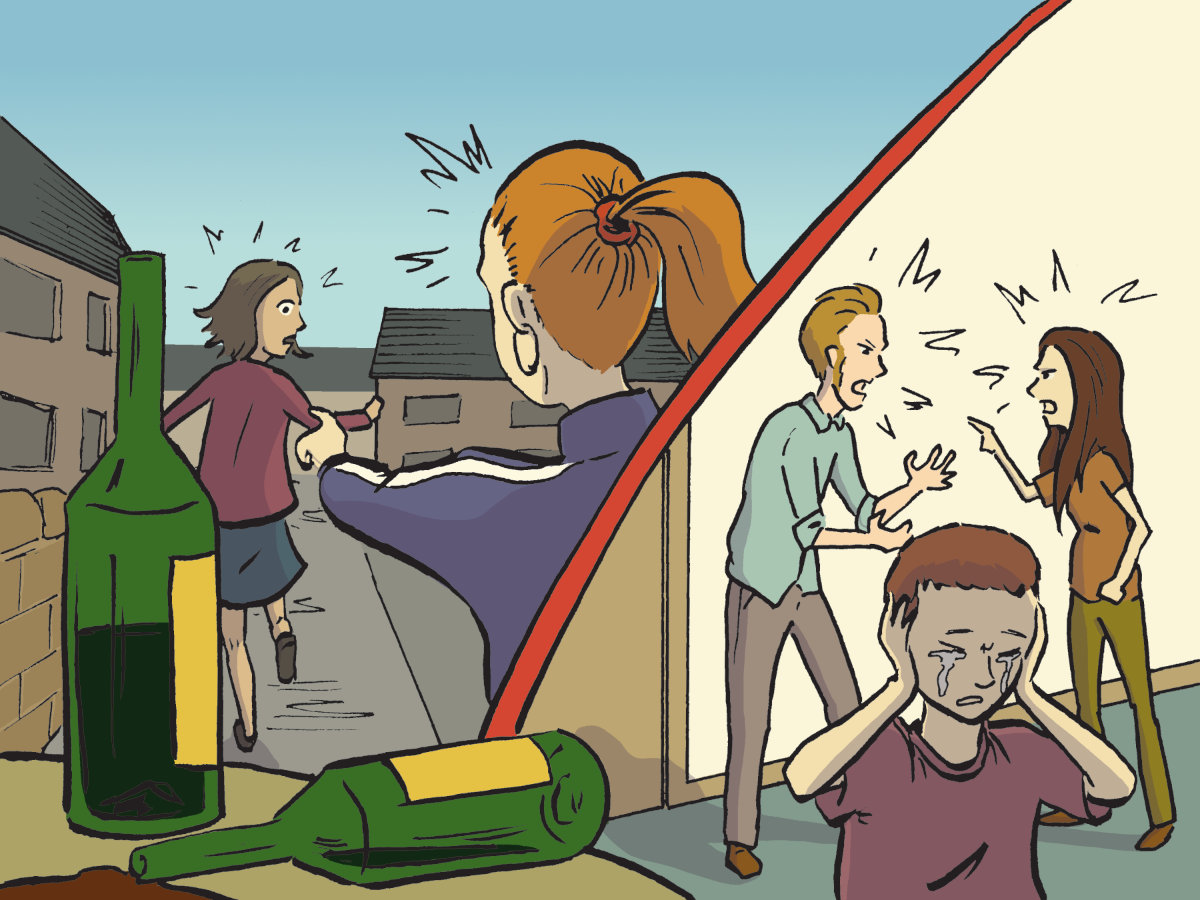
Violence in Scotland
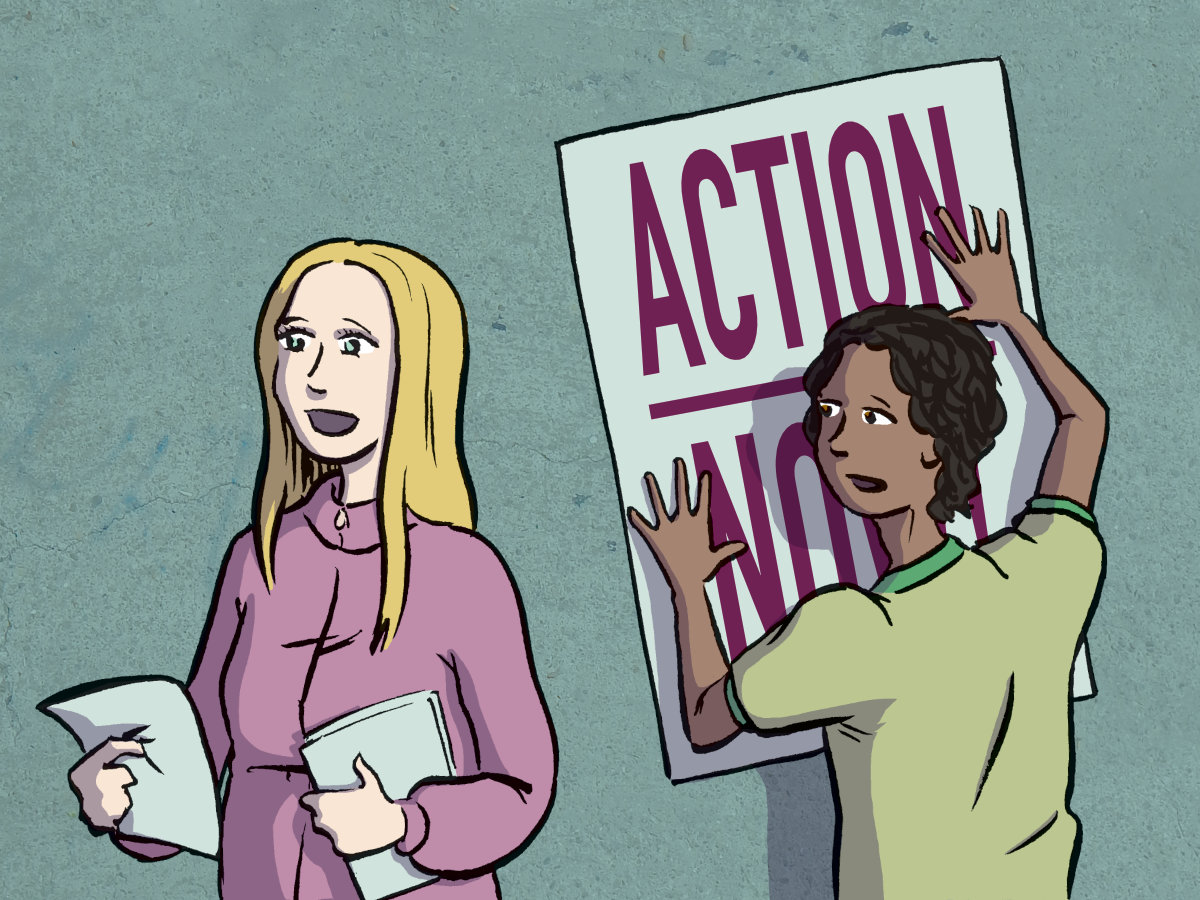
Social Action
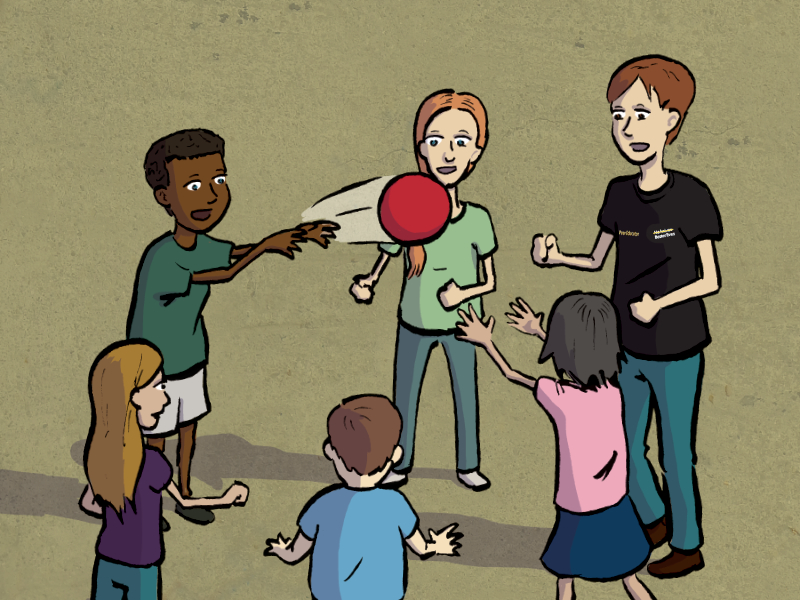
Primary Programme
Showcase your session!
Check out our new page where you can view and submit images of your sessions and share new ideas for activities.
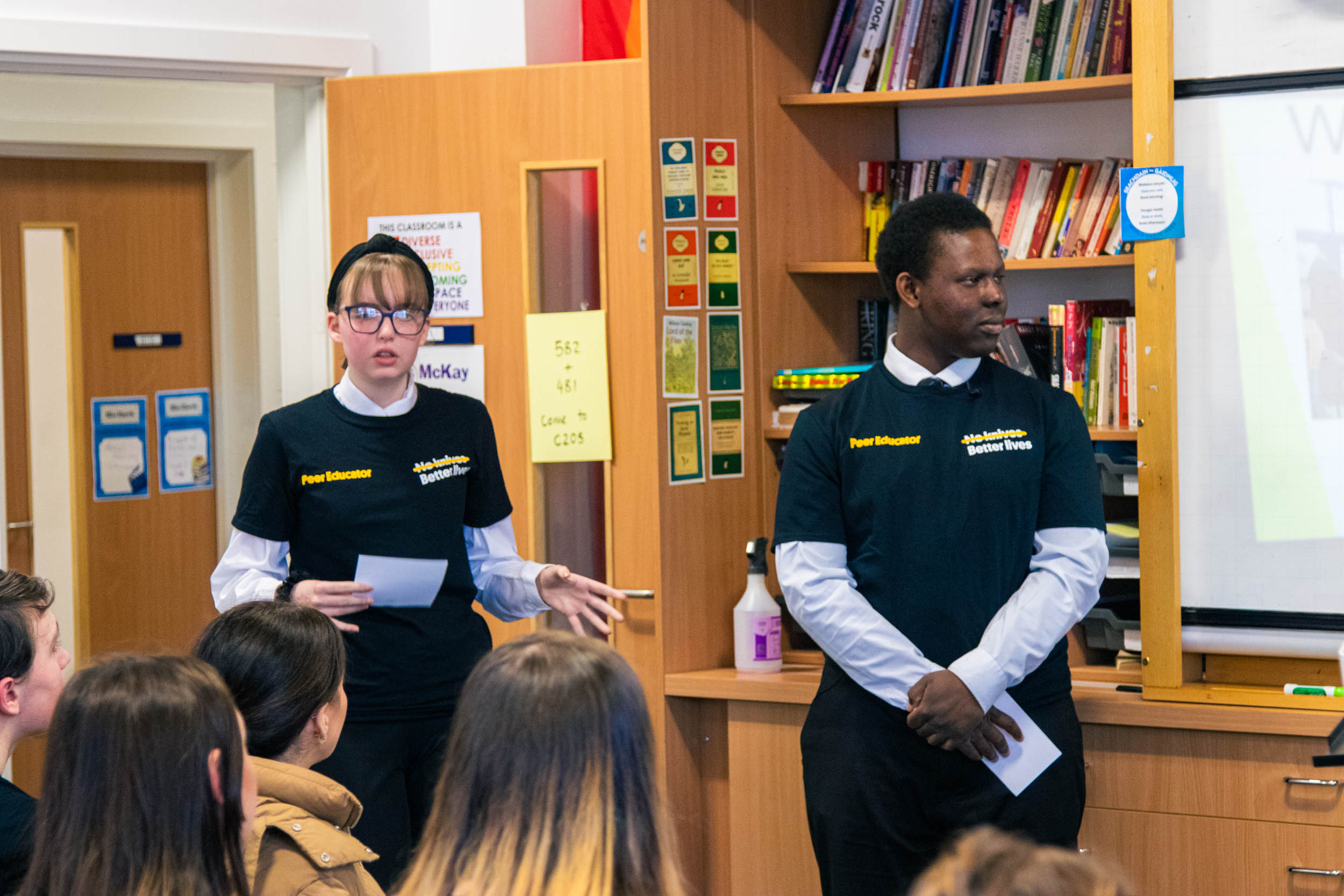
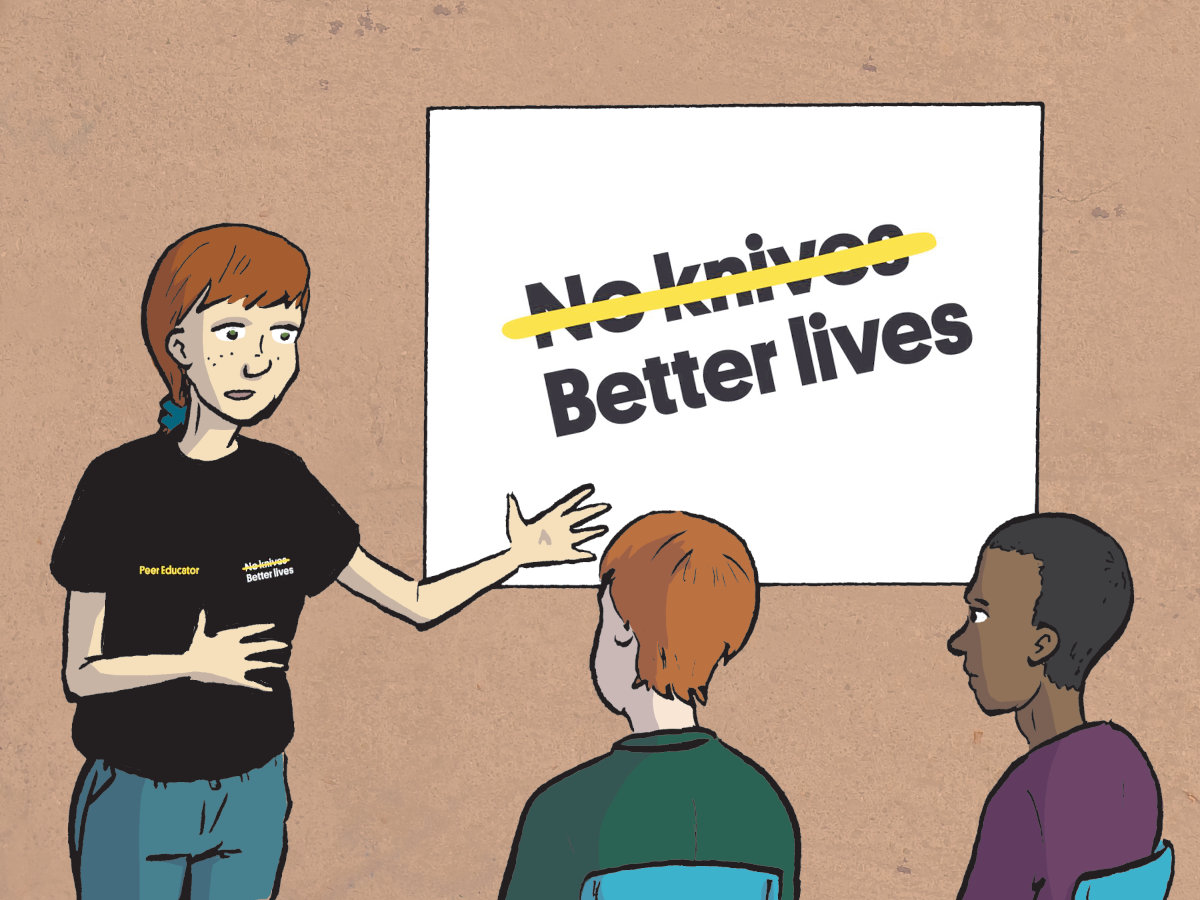
How do you get started in peer education?
Frequently asked questions
UNESCO explain that "a ‘peer’ is "one that is of equal standing with another; one belonging to the same societal group especially based on age, grade, or status. The term ‘peer education’ would indicate a process whereby those of the same societal group or social standing are educating each other."
Young adolescents are going through a transition where they like to talk to their peers and hear what they have to say, literally on any subject. No matter how young adults feel, it is hard to know the lingo of the moment or the types of things that young people are doing when adults aren't around. It's also difficult for adults to truly know what it's like to be a young teenager growing up in Scotland right now. Therefore involving young people to deliver important messages can make a big difference to how they are received.
There are many benefits to using a peer education approach. Not only are you giving a young voice to the learning activities and resources, you are also giving the peer educators a whole new set of skills.
By drawing on that credibility, peer education helps to create positive role models and shape new norms and behaviours.
We know that a lot of the violence that occurs is cultural, where violence has in some ways been normalised. We can break those cultural norms by building up strong young people that can confidently guide their peers to another way of seeing the world.
No, definitely not.
This whole programme is based on the premise that you are an expert in your field of work. You've probably had to undertake training or have lots of experience under your belt. We want you to bring all of that to this programme.
The difference is that you are supporting a small group of peer educators to contribute whatever they can to the experience.
This might change over time. At first, you might be leading a lot of the activities with support from the peer educators and after a while they might take more of a lead on the activities, discussions, quizzes and stories. Work out what is best for you and your group members.
At the same time, we're not expecting you to train the peer educators to deliver everything. Start with one or two activities on one topic and build it up from there.
Obviously we hope that nothing will go wrong and you run the best sessions possible. However, we have to keep it real and the chances are that all the usual risks in working with young people are just as likely to happen here.
The additional things to be aware of are trigger points. It's possible that these sensitive issues trigger a traumatic experience for either a peer educator or a group member.
Either way, you need to have a plan for how you will respond sensitively to that situation (e.g. ask the group to take a break while you speak to them and help them compose themselves or look at follow-up actions). Giggling fits, people not turning up, disagreements, even anger can all crop up. Make sure you have a good risk assessment regime and better still involve the peer educators in preparing it and working out how they will mitigate each risk.
These resources are free for you to use for educational and training purposes.
We know what it is like working with young people. A topic comes up and you need to be quick on your feet and engage them in a deeper conversation. Perhaps you're doing some street work and you hear about some gang activity, so you want to try this out with them to encourage them to think about their actions.
If this helps you, then go for it! We'd love to know how it goes and the ways it worked best and with whom. Nevertheless, we really would encourage you to consider trying a peer education approach. We have a series of practitioner events and PEP Talks to guide you through the process. Wouldn't it be fantastic to be part of a practitioner network where we can all support each other to make this work? Sign up for the PEP Talks and we'll see you there!
Generally, we recommend that your peer educators are at least 16 years old. The science tells us that the teenage brain is still developing right up until the age of 24, so even at 16 there's a lot more developing to do. But sweet 16 is a good age to start.
The more lived experience and connection the peer educators have with the topic, the better they can empathise with other young people struggling with the issues raised. For the participants, they can be as young as 10 or 11 (P7 at school).
However, it's important that you know your audience in advance. You don't want to start talking about knives and violence with very young children that are never likely to have any exposure to this issue. Some of the topics like resilience and alcohol are more widespread and can apply to most parts of Scotland. Think about the age and context of the group you are delivering this to.
Sign up to our newsletter
It's free. No Spam. Unsubscribe whenever you want!